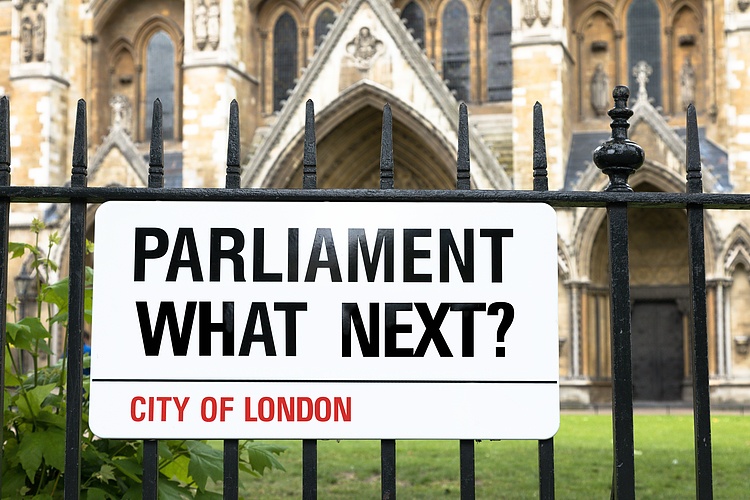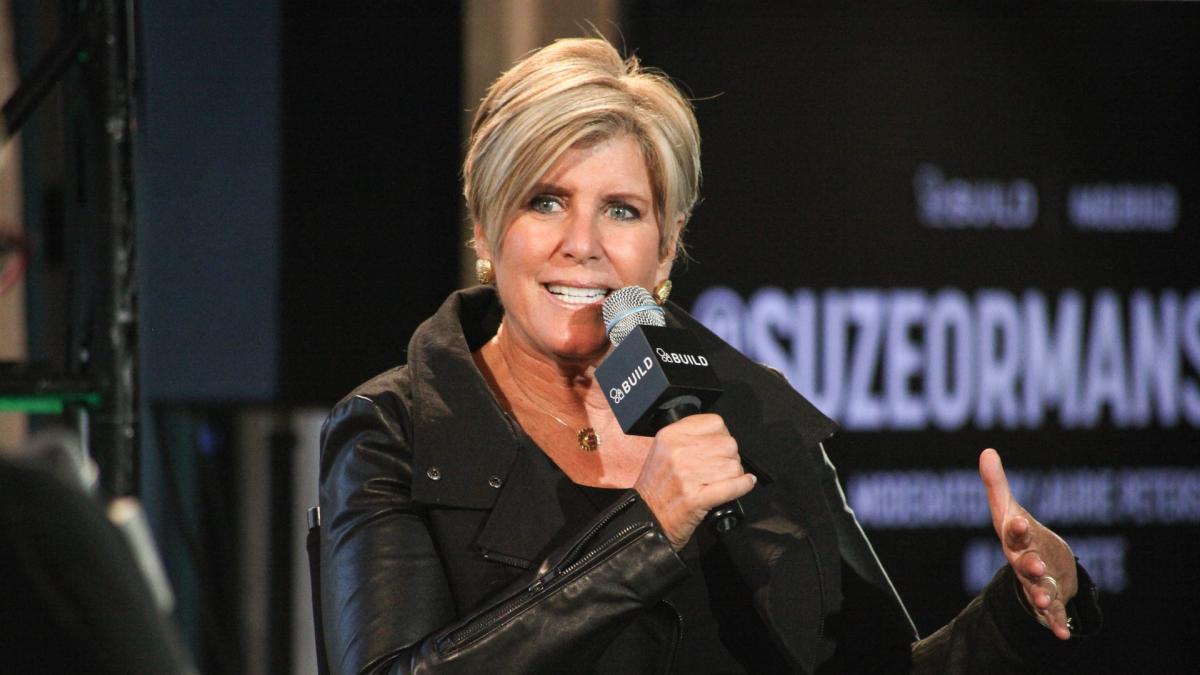Spotlight
Finance
Technology
Shaveer Mirpuri is cofounder and CEO of Insite AI, an AI and strategy partner for…
Join our mailing list
Get the latest finance, business, and tech news and updates directly to your inbox.
Top Stories
A Roth IRA can be a valuable retirement savings vehicle. Retirement typically means shifting your…
Starbucks shares plunged 15% in early trading Wednesday after the Seattle-based java giant reported weaker-than-expected…
Artfully79 / Getty Images/iStockphotoIt’s not easy to say no to financial requests from the people…
Crypto firms were amongst the sectors that posed the greatest money laundering risk, according to…
If you’re at all like me, you have a spot soft for historical dramas. And…
It’s officially halfway to Halloween and some stores are offering decor way ahead of the…
There may not be a total solar eclipse to get excited about, but May’s night…
We’re a long way into the current iPhone software cycle and most features we were…
Transcend Capital Advisors LLC decreased its position in Ameriprise Financial, Inc. (NYSE:AMP – Free Report)…
Gray Zone Warfare has taken the top spot on the Steam Charts less than 24…
Mediapunch / Shutterstock.comSuze Orman is sounding the alarm on a looming “financial pandemic” as Americans…
Apple’s soon-to-launch iOS 18 software could include an exciting AI-based privacy feature as part of…









































